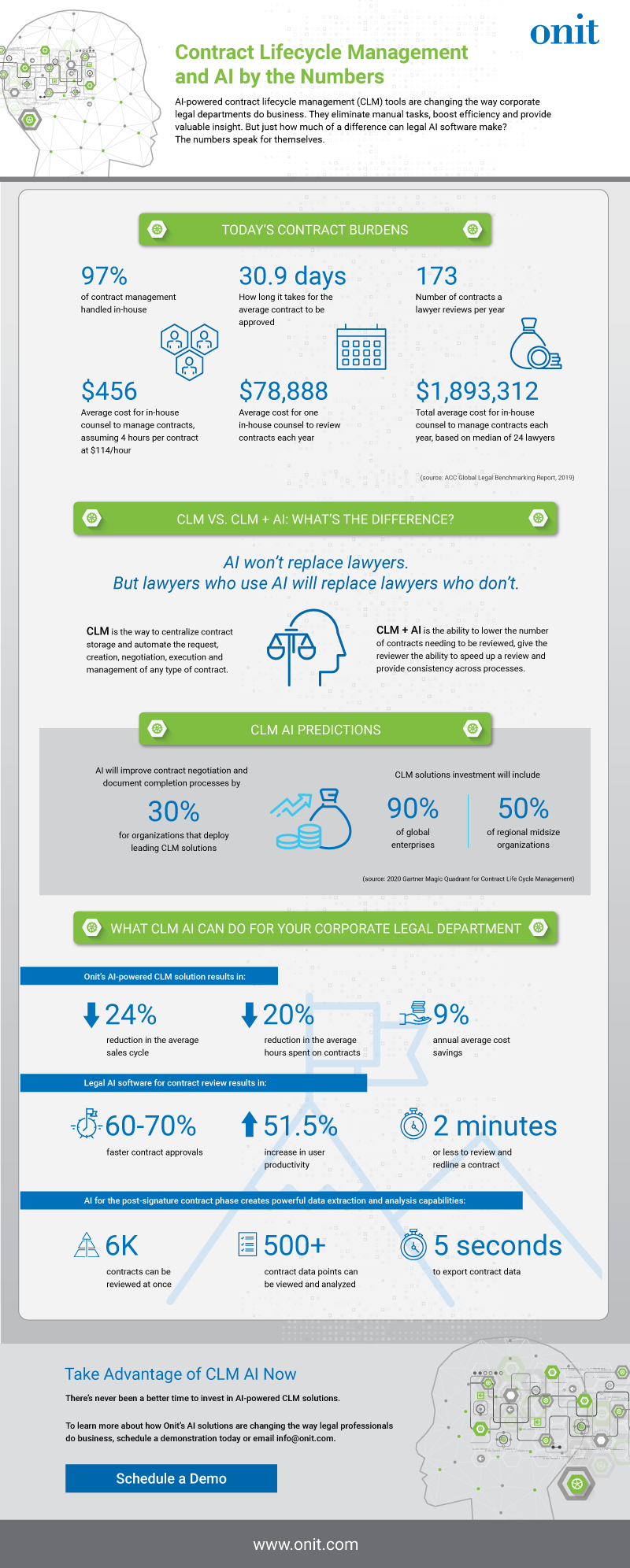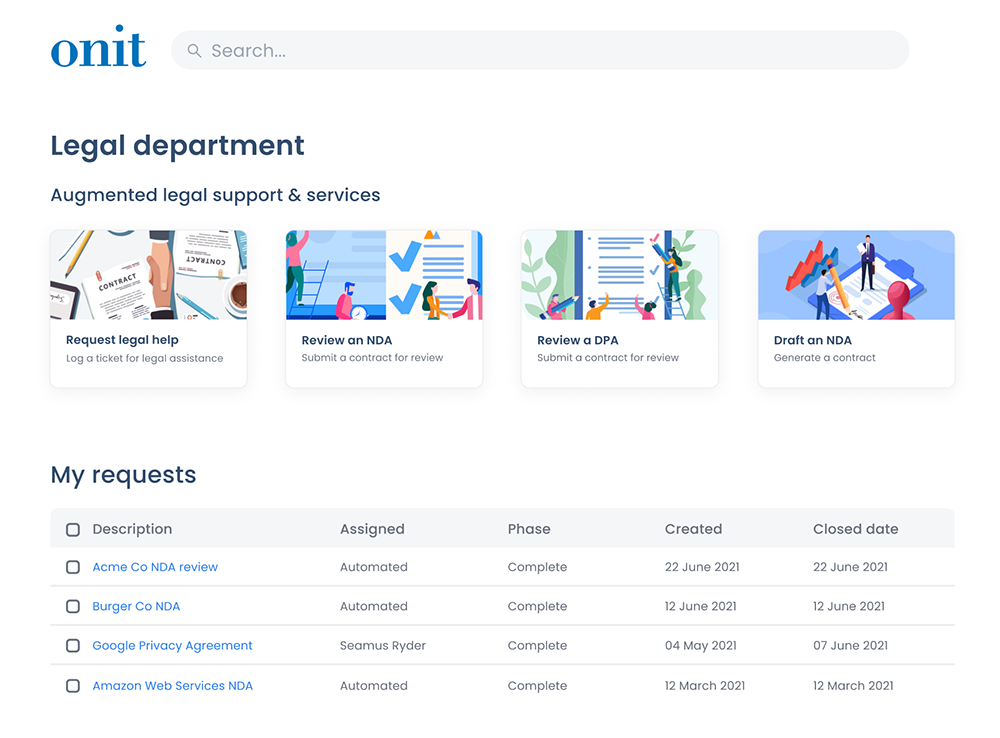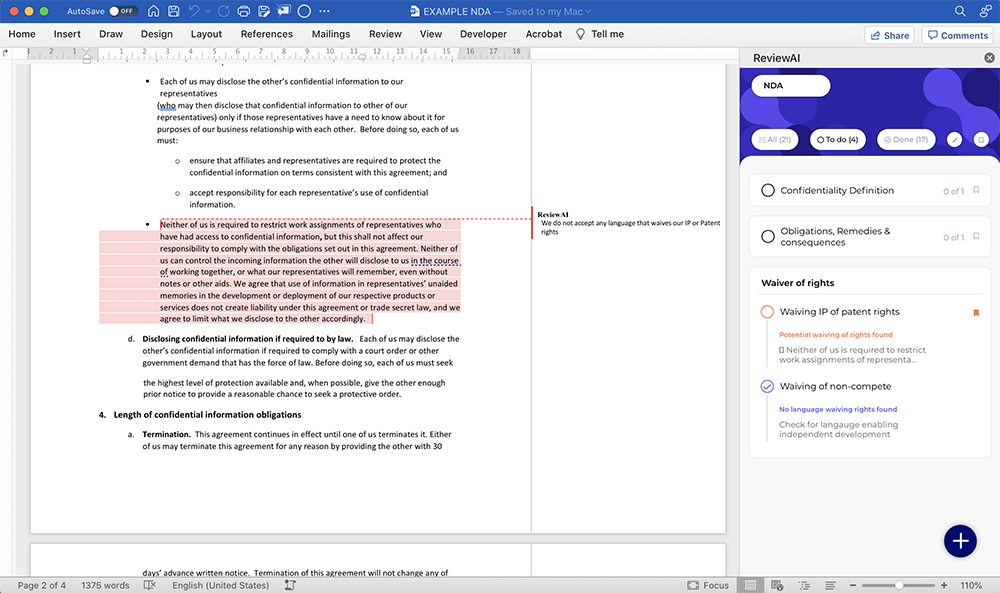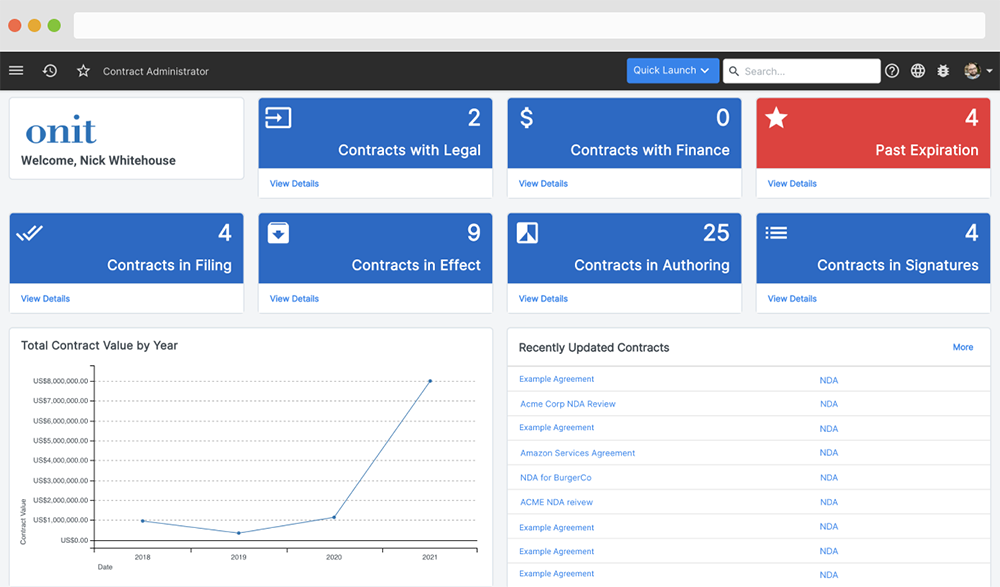
Legal hold software plays a vital role in the litigation process, helping companies preserve forms and relevant information when litigation is reasonably anticipated. Companies have a duty to demonstrate the proper care to preserve digital evidence and ensure that the entire organization is not at risk. This duty arises at the point in time when litigation is considered possible, whether the organization is the initiator or the target of litigation.
Simply put, companies must have a well-documented process for executing legal holds and exercise the proper care to preserve and collect electronically stored information (ESI).
The financial and legal risks of doing anything less are vast and would likely fuel damaging repercussions across the entire organization. Potential consequences include penalties, evidentiary sanctions, adverse rulings or fines.
The History of Legal Holds
In the case of Marsulex Envt’l. Tech v. Selip S.P.A., we see an example of the repercussions of failure to implement a legal hold (also known as a litigation hold). The plaintiff Marsulex sued the defendant for a defective product. After the plaintiff requested that the defendant produce certain documents, the defendant resisted providing particular vital records. The plaintiff maintained that the defendant had not put in place a formal legal hold, and thus did not preserve pertinent evidence. Ultimately, the court found that the defendant’s CEO failed to implement a legal hold. The court then granted the plaintiff’s motion for sanctions and ordered a forensic investigation of the defendant’s computers.
Some of the lessons learned from this case include:
- Companies must quickly take all necessary steps to adequately implement a legal hold as soon as litigation or a subpoena is reasonably anticipated.
- Robust legal hold software must be in place so the company is prepared for the threat of legal holds.
Interestingly, even if a company issues a legal hold in a timely manner, other things can go wrong if something gets missed along the way. For example, if the issued legal hold was not broad enough in scope, some employees failed to comply with the order or the company’s legal hold software was simply “broken,” severe court sanctions and financial penalties may result.
The Role of Legal Hold Software
Fortunately, help is readily available. A robust legal hold software solution offers a quick and highly cost-effective way to reduce the ever-present risk of costly court sanctions. The best solutions will feature real-time dashboards, automated workflows, real-time status tracking, custodian record repositories and advanced audit capability. With just the right solution, you can streamline the legal hold process, easily create new holds, gather information from custodians and have the peace of mind of ensured compliance, swift deployment ability, enhanced visibility and maximized performance.
More Information on Legal Holds and Legal Hold Software
If you would like to learn more about legal holds and legal hold software, here are three resources. They discuss the significance of legal holds in today’s corporate environment, why you need gold-standard legal hold automation software and strategies to fuel your company’s path toward a robust legal hold process.















